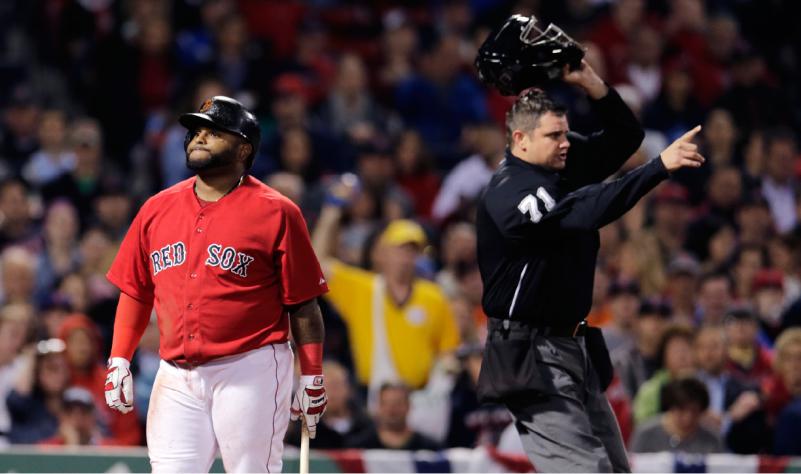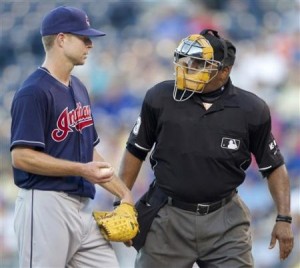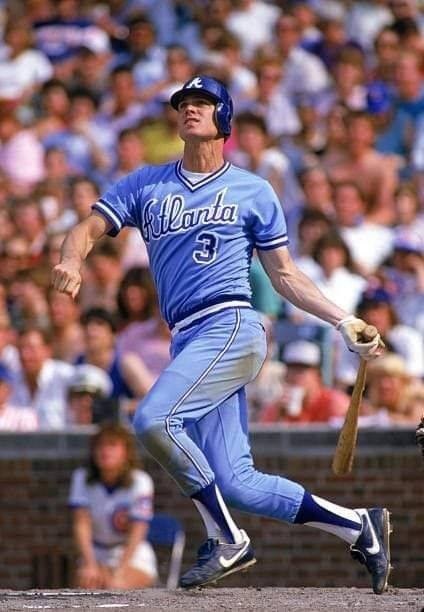Umpire Big Egos are a Bad Thing for Baseball 0

Jordan Baker added himself to the list of awful ego-driven umpires by ejecting Ubaldo Jimenez during the Orioles-Red Sox game on April 17, 2015
Umpires who think they are bigger than the game has been a thorn in the side of baseball for generations. With Bud Selig, who seemed unwilling or incapable of addressing the problem, now out of the way, it is time for his replacement, Rob Manfred, to address this critical issue.
The problem was amplified last night when umpire Jordan Baker, who first umpired in the majors in 2012, made a ridiculous call that has the potential to impact one of the teams involved for days.
It is one thing when umpires make the wrong call on a close play and hold their ground. While you would hope they would be most concerned about getting plays right, part of being good at your job is feeling you are correct. Fortunately, the addition of replay as an opportunity to correct umpire mistakes has helped this phase of the game.
However, the bigger problem, and the one that Baker exemplified last night is when an umpire makes a horrible judgement call that cannot be altered by replay.
With the Baltimore Orioles clinging to a 1-0 lead with two outs and no one on base in the fourth inning, pitcher Ubaldo Jimenez was working on a no-hitter when Boston Red Sox third baseman Pablo Sandoval came to the plate. Considering that Jimenez was horrible in 2014 and fortunate to even make the starting rotation this season, you can guarantee that his focus was to continue the scoreless streak he has had to start the season and to keep getting players out.
So when his first pitch to Sandoval, who as a left-handed hitter with a large figure is known for setting up close to the plate, sailed in and hit Sandoval below the shoulder with a slider, you can bet that he disappointed to have added a base runner, but ready to move on to the next batter, Mike Napoli.
Watching the game live, there seemed to be nothing out of the normal until suddenly Baker came out from behind home plate and immediately threw Jimenez out of the game. There had been no warning or any previous close pitches by either team.
According to crew chief Jerry Meals, who of course is going to defend his fellow umpire, Baker felt that Jimenez was retaliating for a hard slide Sandoval had made into second base earlier in the game.
First, even if the hit-by-pitch was done in retaliation, that is part of the game and has been for generations. However, there is no evidence that the errant pitch was related to any previous action. It was just a bad pitch. Read the rest of this entry →







